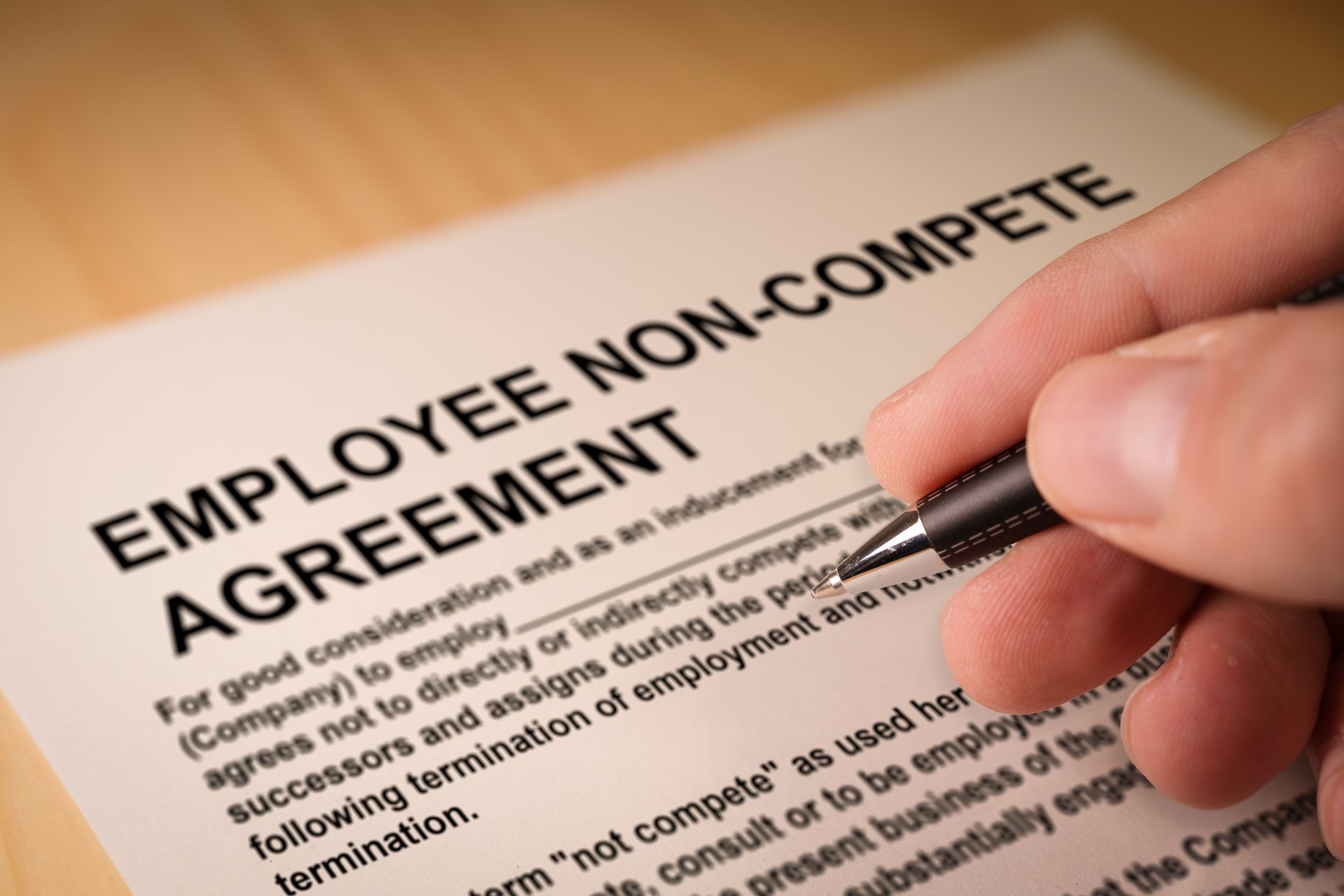In Minnesota, lease termination laws vary depending on the type of lease, such as if it’s a fixed-term lease or month-to-month lease. If you wish to break a one-year fixed-term lease, you may be legally obligated to pay for the full lease term.
To end a month-to-month lease, you will have to give written notice at least one month before the anticipated move out date.
For example, if you’re renting an apartment on a month-to-month basis, your rent is due on the first of each month and you wish to move out on the last day of July, you’ll need to make sure your landlord receives your written notice to vacate by June 30. Failure to provide a timely notice may result in your having to pay for an additional month after moving out.
Life is complicated, and people’s circumstances may not always allow them to give proper notice before vacating an apartment or home. What happens when you find yourself in a situation where you need to terminate your lease immediately due to unforeseen circumstances and you cannot afford to pay any additional rent?
It’s important to understand that breaking a lease, whether it’s fixed term or month-to-month, without proper notice or justification may have legal and financial consequences. It’s also important to know your rights as a tenant and exceptions to the financial penalties that typically follow when you break your lease.
When Is Breaking a Lease Justified in Minnesota?
You Are a Victim of Domestic Violence
If you’re a victim of domestic violence, Minnesota law provides protections that may allow you to terminate your lease early without penalty. The law allows victims of domestic violence (or those who fear domestic violence) to terminate their lease by providing written notice to the landlord along with certain supporting documentation, such as a protective order, a police report or a statement from a qualified professional who has assisted you in dealing with the violence.
You Enter Active Military Service
If you enter active military service after signing a lease, you may have the right to terminate the lease early under the Servicemembers Civil Relief Act (SCRA). The SCRA provides protections to service members, including the ability to terminate a lease without penalty if they receive deployment orders or permanent change of station orders.
You’ll need to provide written notice and a copy of the military orders to your landlord to exercise this right.
Your Apartment or Home is Unsafe
If your apartment or home becomes unsafe due to severe maintenance issues or code violations that significantly impact your health or safety, you may be justified in breaking the lease. However, you must follow the proper procedures before terminating the lease. You should provide written notice to your landlord detailing the specific issues and give them a reasonable amount of time to address and resolve the problems. If the landlord fails to take appropriate action within a reasonable period, you may be able to terminate the lease.
You Are Being Harassed by Your Landlord
If you are being harassed by your landlord, such as facing repeated instances of invasion of privacy, threats, stalking or other forms of harassment, you may have grounds to break the lease.
Be sure to document the instances of harassment and, if possible, consult with a legal professional to understand your rights and the appropriate steps to take in such situations.
How Can I Minimize My Financial Responsibility if I’m Forced to Break My Lease?
If you need to break your lease early but your situation doesn’t fall under any of the above-mentioned exceptions, you can try to do some damage control to limit the amount of money you have to pay.
One option is to give your landlord as much notice as possible and write a compelling letter as to why your life circumstances are forcing you to break your lease.
You can also offer your landlord a qualified replacement to take over the lease. Make sure the new tenant has good credit and references.
Lastly, offer to assist your landlord in advertising the property and finding a new tenant. This demonstrates your willingness to mitigate the financial impact and shows your cooperation.
Learn More About Landlord and Tenant Laws in Minnesota
Whether you’re looking to break your lease or learn more about month-to-month lease laws in Minnesota, consulting with a knowledgeable Minnesota rental and housing lawyer can help.
Our referral counselors are here to help you reach a qualified attorney who can provide legal counsel and answer any questions you may have.
Contact the Minnesota Lawyer Referral and Information Service (MNLRIS) today by calling (612) 752-6699.




